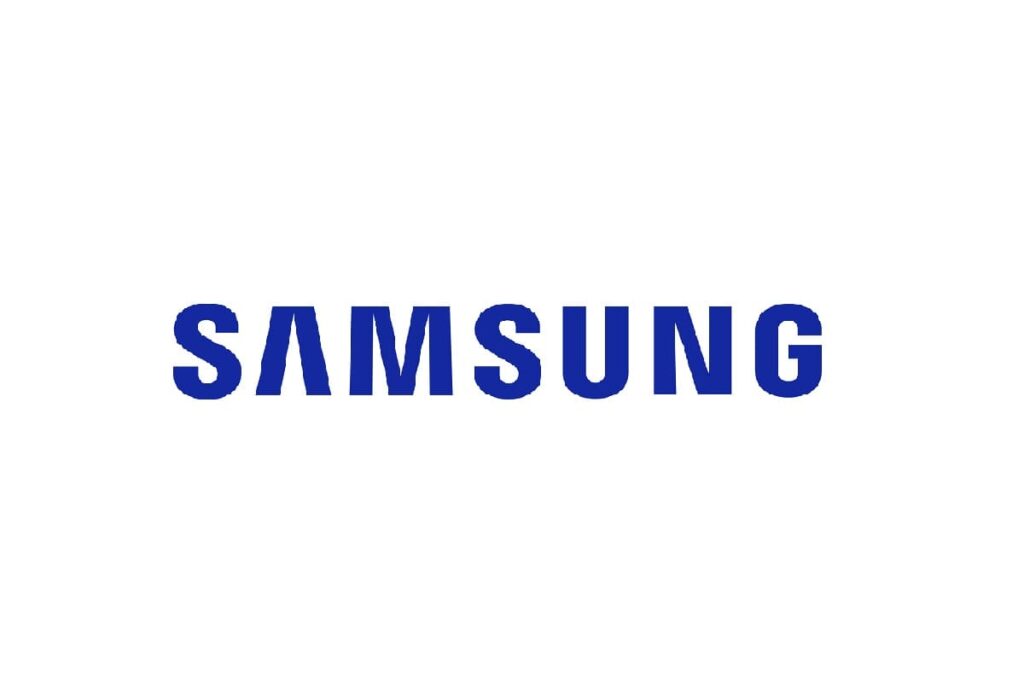This article aims to be your compass, navigating through the intricacies of troubleshooting and resolving slow charging problems on the Samsung Galaxy Tab A9.
Samsung Galaxy Tab A9 Slow Charging Issue:
I. Unveiling the Charging Essentials
Before delving into the realm of troubleshooting, it’s imperative to grasp the charging fundamentals. While the Samsung Galaxy Tab A9 boasts fast-charging capabilities, several nuances can impede this efficiency. Begin your quest by ensuring you’re employing the original charger and cable that accompanied the device, as third-party accessories may compromise charging speeds.
II. Scrutinize the Charging Cable and Adapter
A frayed or damaged charging cable is a formidable foe when it comes to charging speed. Examine the cable for any telltale signs of wear and tear. If you spot damage, don’t hesitate to retire the cable and embrace a new, high-quality replacement. Likewise, the charging adapter might be a silent saboteur. Confirm that you’re using the Samsung-supplied adapter and conduct tests with an alternative charger to eliminate potential issues.
III. Purge the Charging Port
Accumulated dust and debris in the charging port can act as a bottleneck, hindering the seamless connection between the cable and the device. Employ a can of compressed air or a delicate brush to meticulously cleanse the port. Exercise caution to prevent inadvertent damage.
IV. Rejuvenate Through a Device Reboot
At times, the panacea for slow charging issues lies in the simplicity of a device reboot. Restart your Samsung Galaxy Tab A9 to invigorate the system, clearing away transient glitches that may be thwarting the charging process.
V. Safeguard in Safe Mode
Navigate uncharted waters by booting your device into Safe Mode, aiming to unveil if a third-party app is orchestrating the slow charging symphony. If the issue subsides in Safe Mode, a downloaded app likely wears the villain’s cape. Uninstall recently acquired applications one by one until you unveil the malefactor.
VI. Embrace the Power of Software Updates
Empower your device by ensuring it swims in the latest software currents. Manufacturers routinely release updates to mend glitches and enhance overall system performance, including charging efficiency. Flick through your device settings to check for updates and promptly install any available software upgrades.
VII. Evaluate Battery Health
The inexorable march of time can take a toll on batteries, impacting charging speeds. Gauge your battery’s vitality by navigating to the device settings and delving into the battery section. Some third-party apps can provide granular insights into your battery’s health. If degradation looms large, contemplate a battery replacement.
VIII. Silence Background Processes
The cacophony of background processes and lingering applications can be power-hungry culprits, slowing down the charging ballet. Conclude unnecessary apps and processes to liberate resources, allowing your device to revel in more efficient charging.
IX. Factory Reset: A Drastic Measure
When all else falters, the nuclear option of a factory reset may be the key to quell persistent software gremlins. Be forewarned, though: this reset wipes all data on your device. Back up your data diligently before embarking on this last-resort journey.
X. The Professional Odyssey
If the labyrinth persists despite your concerted efforts, it might be time to summon professional assistance. Embark on a pilgrimage to a Samsung service center or enlist the expertise of an authorized repair technician. Let their diagnostic prowess unveil any clandestine hardware issues conspiring against your device’s charging prowess.
Conclusion
The labyrinth of slow charging on the Samsung Galaxy Tab A9 can be daunting, but armed with a systematic approach, most issues can be unveiled and remedied. Whether it’s a rebellious cable, elusive software glitch, or the inexorable march of battery time, the steps elucidated in this guide should shepherd you to optimal charging performance.
